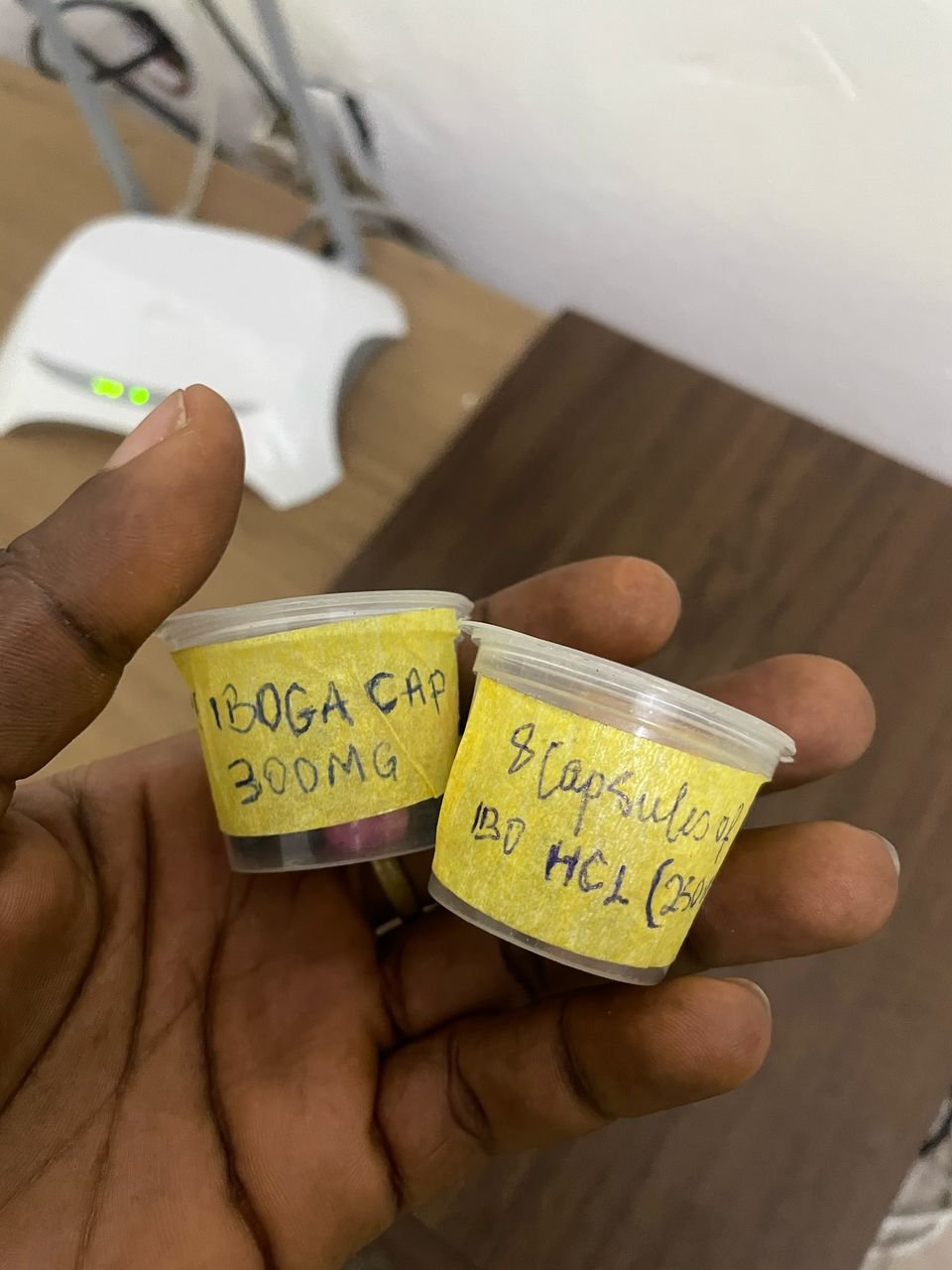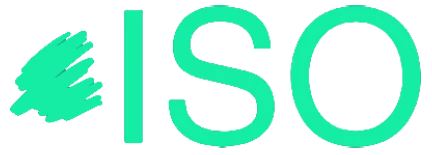Menu
Is Ibogaine the Same as DMT? Exploring Their Powerful Differences
Is ibogaine the same as DMT? This question often arises among individuals exploring plant-based psychedelics for healing, consciousness expansion, and addiction recovery. Both substances have spiritual and therapeutic significance, yet their origins, effects, and purposes are entirely different. Understanding these differences is vital for anyone considering natural healing through iboga or ibogaine, especially when searching for safe, professional sources like Ibogastoreonline.
In this post, we’ll dive into what sets ibogaine and DMT apart, how they affect the brain and body, and why many people turn to ibogaine for deep psychological healing and addiction recovery. Let’s uncover the truth behind these two potent plant medicines.
What Is Ibogaine?
Ibogaine is a naturally occurring psychoactive alkaloid extracted from the root bark of the Tabernanthe iboga plant, native to Central and West Africa. Traditionally used by the Bwiti spiritual practitioners in Gabon, ibogaine plays a sacred role in initiation and healing ceremonies.
Today, ibogaine has gained attention for its remarkable effects on addiction, particularly for individuals struggling with opioids, alcohol, stimulants, and behavioral dependencies like gambling or pornography. Unlike many psychedelics, ibogaine doesn’t just create vivid visuals—it restructures neural pathways, offering deep introspection and emotional clarity.
When taken in a therapeutic or clinical setting, ibogaine often induces a 12 to 36-hour visionary experience, followed by a phase of profound self-reflection and healing. Many describe the experience as being shown the “movie” of their life, allowing them to confront the root causes of trauma and dependency.
What Is DMT?
DMT, or N,N-Dimethyltryptamine, is another naturally occurring psychedelic compound found in many plants and animals, including humans. It is the active component in Ayahuasca, a sacred Amazonian brew used for spiritual awakening and insight.
Unlike ibogaine, DMT acts rapidly and lasts for a much shorter duration—typically between 10 and 20 minutes when smoked or vaped, and several hours when consumed in Ayahuasca form. The experience is often characterized by intense visuals, feelings of unity, and transcendence beyond time and space.
DMT primarily targets the serotonin receptors (5-HT2A) in the brain, leading to profound visual, emotional, and sensory experiences. However, it does not have the same therapeutic detox or addiction-interrupting properties that ibogaine offers.
Is Ibogaine the Same as DMT? Key Differences Explained
While both ibogaine and DMT are psychoactive plant-based compounds, they serve very different purposes and produce unique effects on the mind and body. Here’s a breakdown of their core differences:
| Aspect | Ibogaine | DMT |
|---|---|---|
| Source | Extracted from Tabernanthe iboga (West Africa) | Found in many plants, including Psychotria viridis (South America) |
| Duration | 12–36 hours | 10–20 minutes (smoked) or 2–4 hours (Ayahuasca) |
| Main Use | Addiction treatment, trauma healing, spiritual growth | Spiritual awakening, consciousness exploration |
| Mechanism | Acts on multiple neurotransmitter systems, including dopamine, serotonin, and NMDA | Primarily activates serotonin (5-HT2A) receptors |
| Therapeutic Role | Interrupts addiction and resets brain chemistry | Offers mystical insights and emotional release |
| Integration Process | Deep psychological reflection over days | Short-lived, requires longer integration practice |
So, to answer the question “Is ibogaine the same as DMT?”—absolutely not. Though both substances can open profound states of consciousness, ibogaine is therapeutic and restorative, while DMT is transcendental and visionary.
Ibogaine’s Role in Healing Trauma and PTSD
Recent research and clinical experience have shown that ibogaine can help individuals suffering from post-traumatic stress disorder (PTSD). The compound helps patients relive and reinterpret traumatic events in a safe mental space, breaking the emotional loops that keep trauma alive.
Unlike conventional antidepressants or psychiatric medications that only manage symptoms, ibogaine addresses the root cause of trauma—helping the brain rewire emotional responses and establish a sense of balance.
The healing process is deeply introspective. Many describe it as being guided through their subconscious, meeting past versions of themselves, and finding forgiveness and closure. This ability to heal from within makes ibogaine one of the most promising natural treatments for mental health challenges.

The Science Behind Ibogaine and Brain Reset
Ibogaine works by interacting with several neurotransmitter systems—dopamine, serotonin, and glutamate—to restore balance and neuroplasticity. It acts as a reset button for the brain, allowing the user to break free from addictive cycles and emotional distress.
This “reset” effect is one of the reasons ibogaine is unlike any other psychedelic, including DMT. While DMT opens the door to higher dimensions of consciousness, ibogaine helps rebuild the self from the ground up.
Neuroscientists suggest that ibogaine’s metabolite, noribogaine, continues to act on serotonin transporters long after the main experience, stabilizing mood and reducing cravings for weeks or even months.
DMT and Spiritual Revelation
In contrast, DMT experiences are often described as brief but cosmic. Users feel as though they are transported into another dimension, communicating with spiritual entities or “beings of light.” It can be a powerful catalyst for spiritual awakening but may not lead to practical life changes unless properly integrated.
While DMT opens doors to transcendence, ibogaine keeps you grounded in self-understanding. The difference is like viewing the universe from space (DMT) versus exploring the architecture of your mind (ibogaine).
Safety and Professional Guidance
Both substances require professional supervision, but ibogaine, due to its strong physiological effects, must be administered in a medical environment. Its ability to cleanse the body of toxins and reset neurochemistry can also stress the heart, making medical screening essential before treatment.
How Iboga Relates to Ibogaine
To truly understand ibogaine, one must also appreciate its source—the iboga root. The root contains a natural spectrum of alkaloids that work synergistically, offering a gentler and longer healing process compared to pure ibogaine HCL.
In traditional Bwiti use, iboga connects individuals to ancestral wisdom, promoting healing on emotional, spiritual, and physical levels. When extracted and used in a controlled environment, ibogaine becomes a powerful therapeutic tool, bridging ancient wisdom with modern science.
This deep connection shows why iboga and ibogaine are not just substances—they are pathways to self-discovery and transformation.
Conclusion: Ibogaine and DMT—Different Paths to the Same Goal
So, is ibogaine the same as DMT? No. Though both open the door to inner exploration, ibogaine is therapeutic, while DMT is visionary.
Ibogaine offers a long, introspective healing journey that targets trauma and addiction at their roots. DMT, meanwhile, provides brief but cosmic glimpses into the structure of consciousness. Both are sacred, both are powerful—but only ibogaine has shown lasting transformation in emotional, mental, and behavioral healing.
🌿 Start Your Healing Journey with Ibogastoreonline
Reclaim your mental clarity, free yourself from trauma, and reconnect with your true self through ibogaine therapy. Our expert team is ready to guide you toward safe and effective healing.
📞 Contact us now:
+237 653 823 790
+237 672 584 494
ibogastoreonline.com
Facebook
Pinterest
Twitter
LinkedIn


